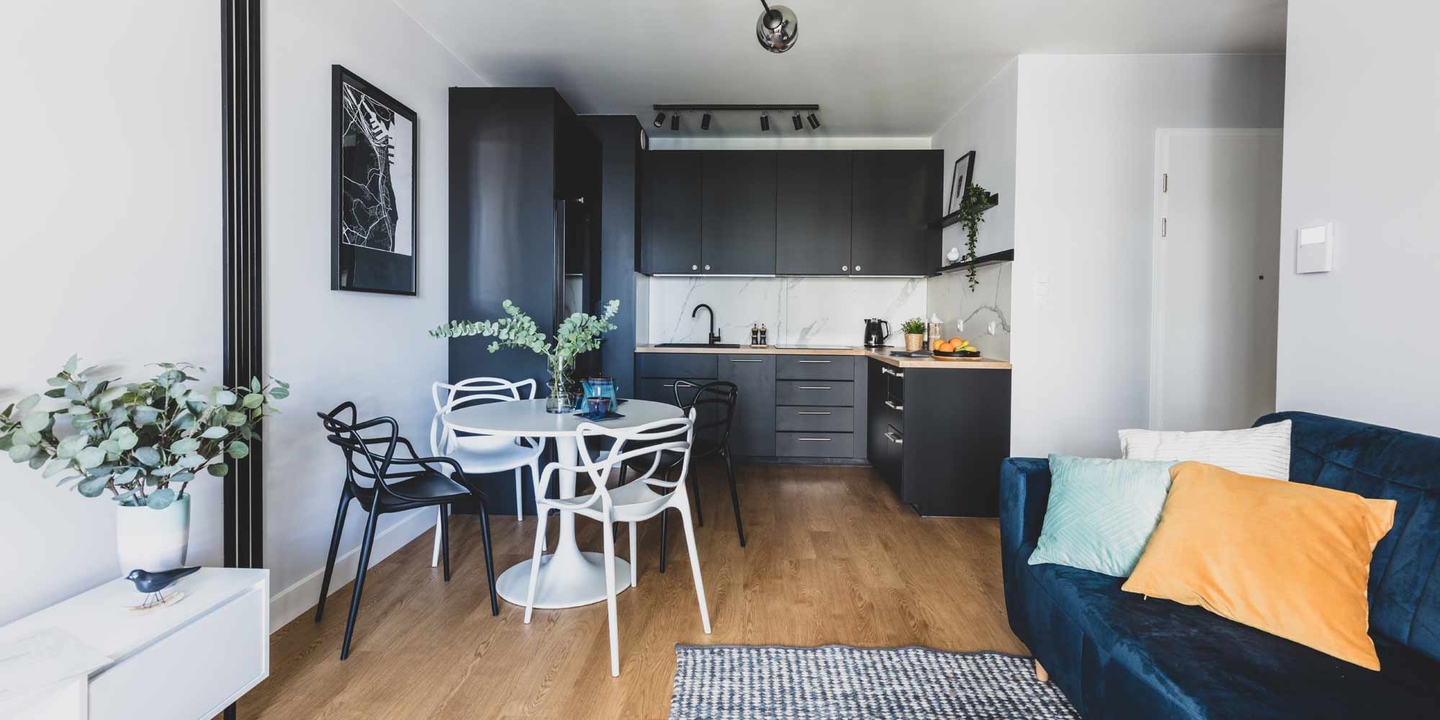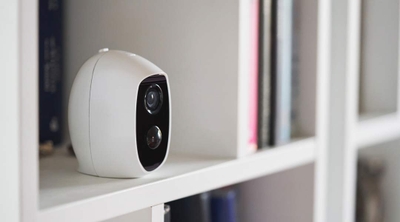Checklist for first-time renters
3 min read
For a first-time renter, finding a place to live can feel more manageable when you have a plan. You can make the process smoother and more accessible with a little research, planning, and knowledge. Before you start your search as a first-time renter, understand the basic aspects of rental applications and agreements, rental inspections, and renters insurance.
Tips for finding a place to rent
Here are key factors to consider when searching for an apartment or rental home:
Location
Research the locations that interest you and look for safe and convenient areas close to public transportation, grocery stores, and other resources important to your lifestyle. Also, visit the location during the day and night to get a feel for the neighborhood.
Cost
Look for apartments within your budget. As a first-time renter, ensure you know all the costs associated with the apartment, including rent, security deposits, pet deposits, and any additional fees.
Amenities
Make a list of must-have features you want in your apartment. For example, does the unit or home have a washer and dryer, or will you travel to do your laundry? Will you have a designated parking spot, or will you have to jockey for a spot with your neighbors? Is there a guest policy and parking for visitors?
Condition of the rental property
Check the condition of the rental property carefully. Look for signs of damage or wear and tear and ensure that the apartment is safe and secure. Take notes and record your impressions of each place you visit, so you can remember the details. By comparing places and reviewing your notes, it will be easier to decide which one is best for you. If you have questions, ask the landlord or property manager/superintendent.
Rental inspection checklist
Once you've found a place you like that checks all your boxes, it's essential to inspect the property thoroughly and ensure that the residence is in good condition:
- Inspect the walls, ceilings, and floors for any signs of damage and cracks.
- Check the windows and doors to ensure they're intact and working properly.
- Identify any evidence of pests or insects in the apartment.
- Inspect the plumbing, electrical systems, and heating and cooling systems for any problems.
- Check the water pressure in the shower and kitchen sink.
- Inspect the appliances and confirm they're working.
- Check for any safety hazards and ask when they'll be repaired.
Lease and rental agreements
Filling out a rental application is typically required before renting an apartment, house, or condo. The application may ask for documentation of your rental history, personal references, and proof of employment and income. You may also need to give the property manager permission to view your credit report.
Once you're approved to rent the apartment unit or rental home, read and understand the rental lease terms before signing a rental agreement. Knowing your rights as a tenant and understanding all the agreement details is important. Here are a few questions to ask yourself before you sign:
- Do you understand the security deposit terms and possible fees?
- What's the policy on pets and which are allowed?
- Is a pet security deposit required?
- What is the rent due date, and will late fees be charged?
- Are you clear about who's responsible for paying for utilities?
- Do you understand who's responsible for repairs and maintenance?
- Are you clear on the terms of subletting and if the lease allows it?
Protect yourself and your belongings with renters insurance
Renters insurance is relatively inexpensive and may cover personal belongings damaged from a covered peril as well as provide personal liability coverage if you're legally responsible for someone else's injuries or damages. A renters policy may also provide loss of use coverage if you're unable to live in your residence due to a covered loss.
Renters insurance won't cover the actual structure you live in — that's the responsibility of your landlord or rental company. Although renters insurance is not mandated by law, your landlord or rental company may require a certain amount of personal property and/or liability coverage before you can move in.


